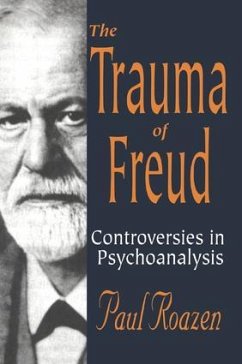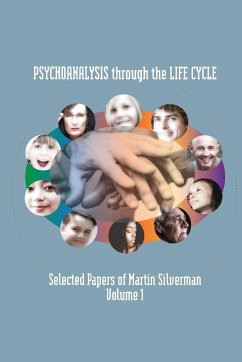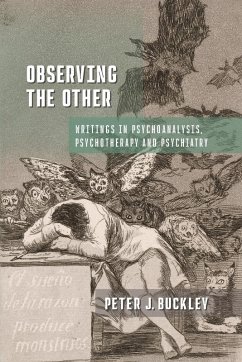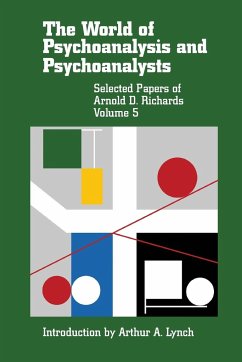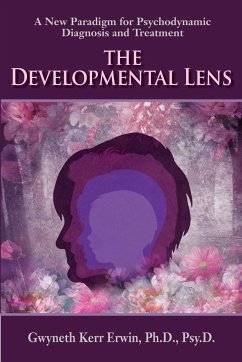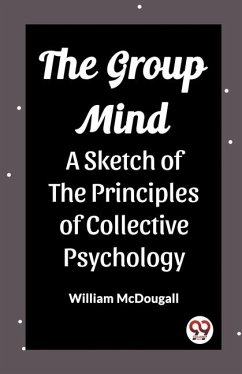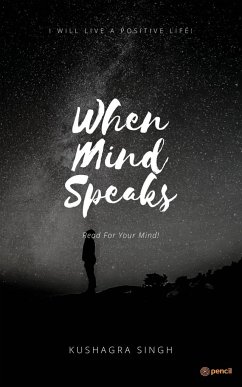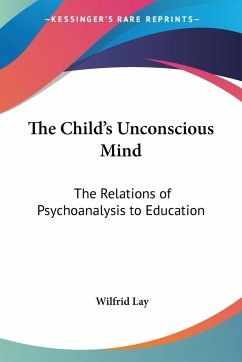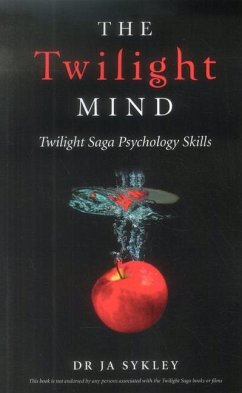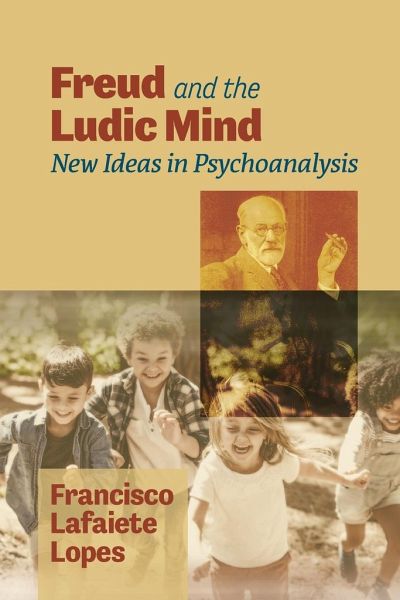
Freud and the Ludic Mind
New Ideas in Psychoanalysis
Versandkostenfrei!
Versandfertig in 1-2 Wochen
29,99 €
inkl. MwSt.

PAYBACK Punkte
15 °P sammeln!
What would happen to psychoanalytic theory if, instead of adopting the death drive¿¿drive toward death and destruction¿¿Freud had chosen to conceptualize the ludic drive, merely mentioned by him in his studies? Freud and the ludic mind: new ideas in psychoanalysis were initially written for readers with a psychoanalytic background, but other readers may also take advantage of it. The psychoanalyst will see what happens when the author introduces the hypothesis of a ludic drive into the classical Freudian model¿¿an impulse for living an active life, a life in which one is all the time doi...
What would happen to psychoanalytic theory if, instead of adopting the death drive¿¿drive toward death and destruction¿¿Freud had chosen to conceptualize the ludic drive, merely mentioned by him in his studies? Freud and the ludic mind: new ideas in psychoanalysis were initially written for readers with a psychoanalytic background, but other readers may also take advantage of it. The psychoanalyst will see what happens when the author introduces the hypothesis of a ludic drive into the classical Freudian model¿¿an impulse for living an active life, a life in which one is all the time doing, feeling, talking, listening, or imagining something. He hypothesizes that the ludic drive results from an innate intolerance for inactivity. The result is a new theory of the mind that, in a peaceful and nonexclusive way, incorporates many recent developments of psychoanalysis into the classical Freudian construction. It opens a wide range of new possibilities for clinical activity. This book provides a broad and profound reflection /on possible paths of psychoanalysis, with a theoretical framework built on contributions by Freud, Hartmann, Alexander, Hendrick, Mahler, Winnicott, Kohut, Melanie Klein, Bowlby, and others. It merges the core ideas of major psychoanalysis schools into a new Freudian metapsychology. The author takes the psychoanalytic theory of mind back to where Freud left it in 1940, and from there builds a new, improved, and modernized version.





